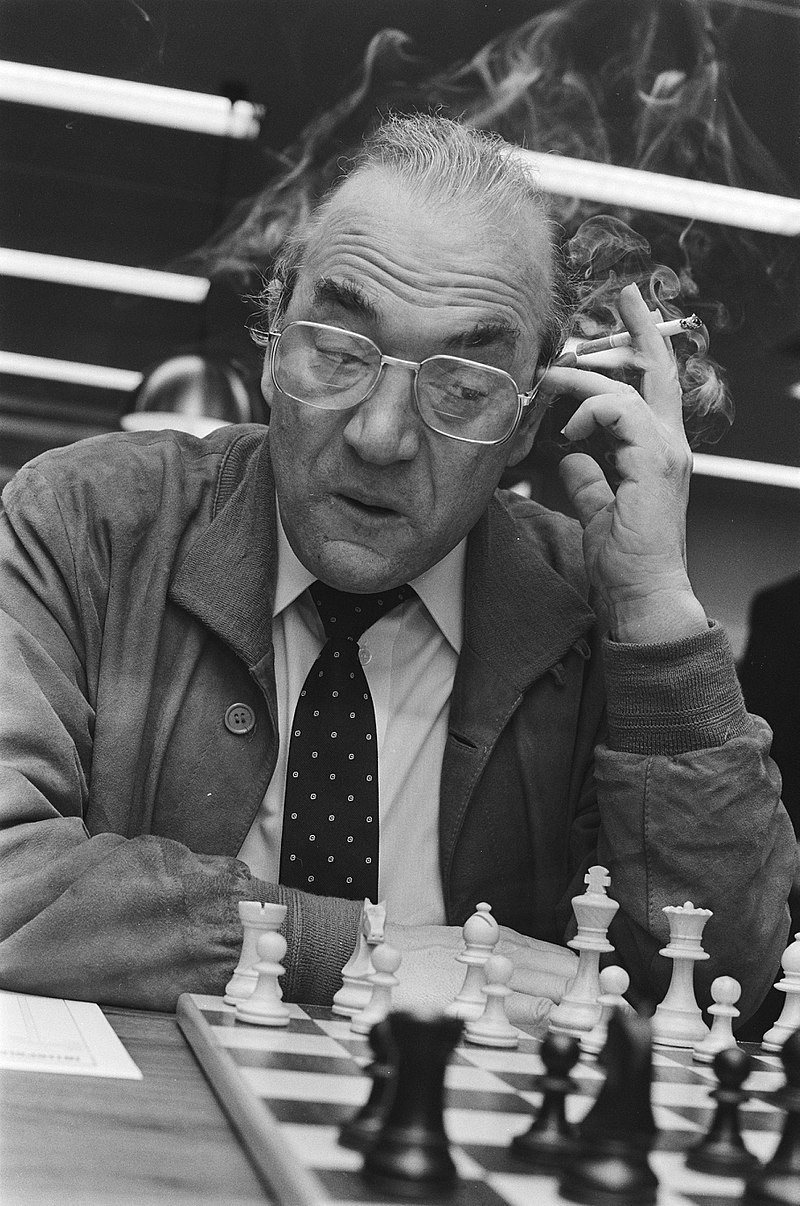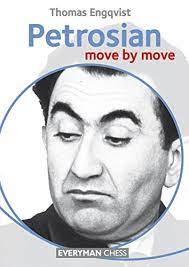I recently completed Petrosian: Move by Move by IM Thomas Enqvist. Normally as part of my chess study I am always going through a games collection, along with doing tactics puzzles and working on at least one other chess resource (opening, middlegame or endgame). Games with insightful master-level annotations can help with all phases of your game, including both technical and thinking skills, along with broader ideas like chess psychology.
Although ideally one can study games with annotations by the player(s) themselves, in order to get a full picture of their actual thought process, the thorough type of presentations of games in the "move by move" series do a similar job. They can also be more objective, as sometimes a player is inclined to present their "best games" without sufficient self-criticism.
In this book, IM Enqvist has immersed himself in former World Champion Tigran Petrosian's games and career and provides some interesting context to each game, as well as excellent commentary. While each game is instructive on its own, there are also some general lessons/insights that I would highlight from the whole collection.
- Petrosian's games show the high value of repressing your opponent's counterplay. One observation I read a while back from a master trainer mentioned the tendency of Class players to always want moves to "do something" - in other words, make an immediate threat or have an obvious purpose on the next move. This often contributes to the common mistake of focusing on your own threats/intentions and missing those of your opponent. There is just as much benefit - oftentimes more - in taking away threats and opportunities from the other side.
- Petrosian's maneuvering play provided many examples of the strategic value of improving your worst piece on each move, including sequences where pieces were shifted to their best possible squares on the board. Often there was no grand strategy associated with these short-term maneuvers, but they set him up for success time after time.
- The value of strategic patience and a lack of hurriedness, along the lines of the above types of non-forcing maneuvers, is also seen consistently across Petrosian's games. Enqvist does point out in some games where Petrosian could (and perhaps should) have played more actively, so sometimes this quality of patience was perhaps taken to an extreme. However, Petrosian as a world-class player was also quite capable of seizing the moment to open up games with sacrificial attacks and brilliant tactics.
- Some of Petrosian's less-than-ideal play was deliberate and psychologically based, for example baiting opponents into attacking him by entering positions/variations not well known to them. This goes against the "play against the pieces" mentality which is usually advised for improving players, but in reality these psychological gambits can be effective in tournament/match play where you can get inside a well-known opponent's head.
- Certain qualities to Petrosian's games were quite instructive for me, in particular his use of exchange sacrifices, rook play and pawn play.
There were few negatives to the book. It could have used one more editing pass for language and grammar, but that is common these days. I saw perhaps three errors in game notation, including in one case where a single move was skipped, but after a few minutes I was able to figure out what it must have been from the remainder of the game. The other notation errors were easily identified as incorrect squares.




